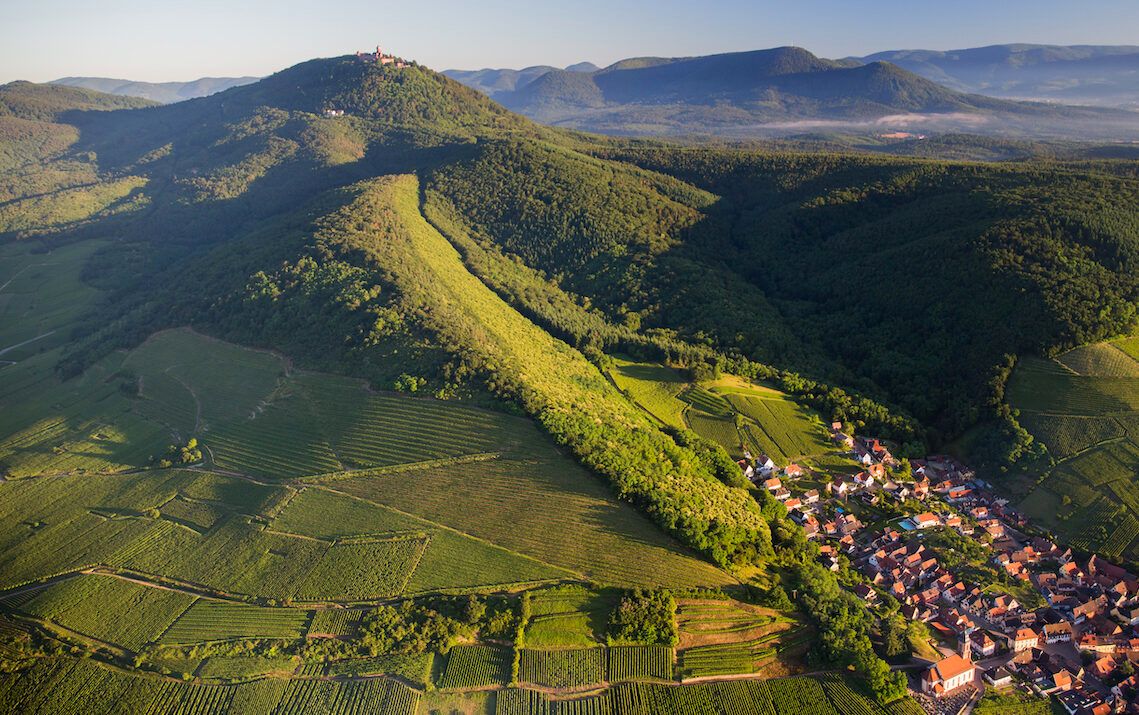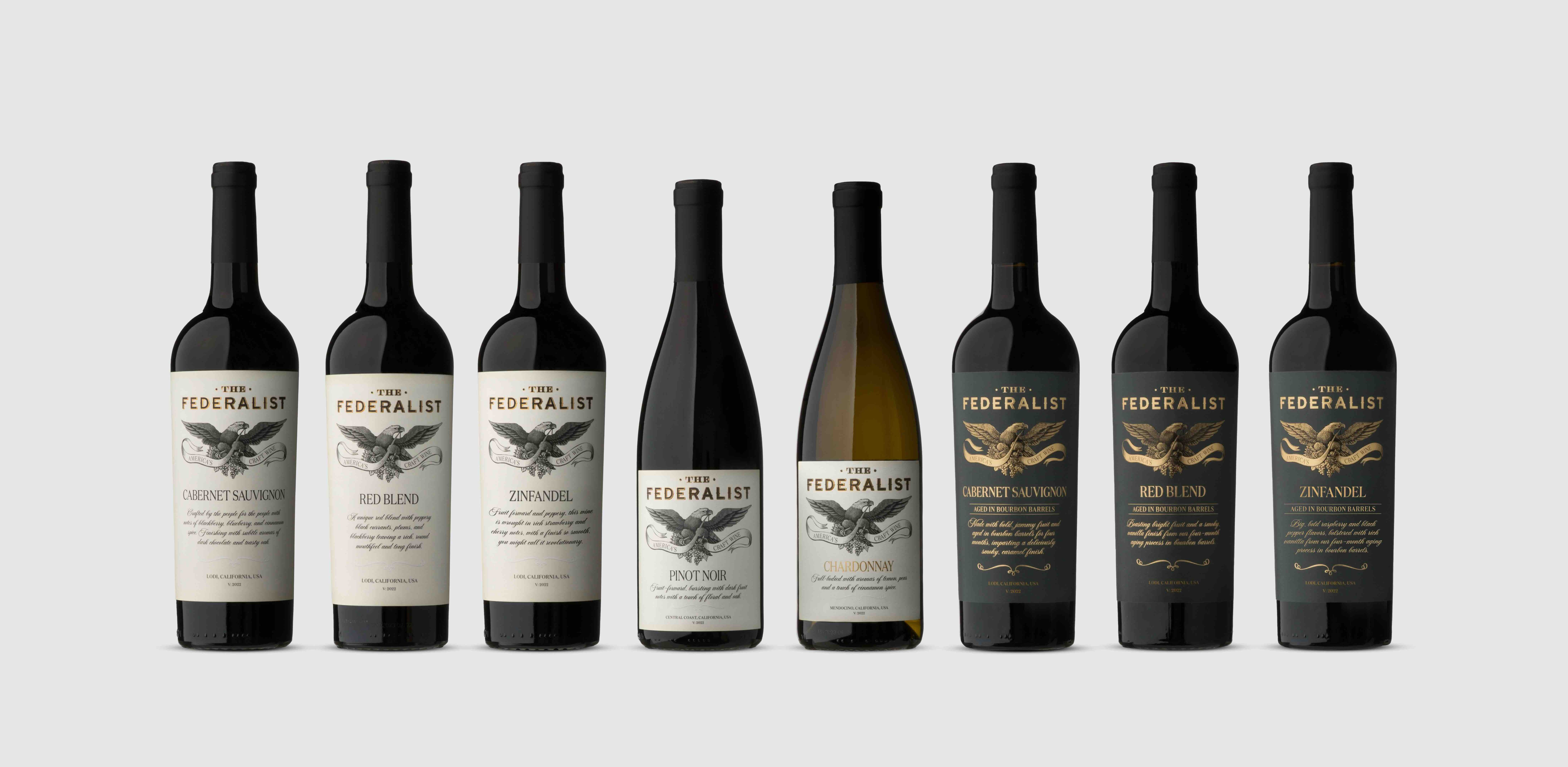Eric Zwiebel MS, Colin Thorne and Anne Krebiehl MW select the 10 top Alsace wines you need to taste at ProWein 2023
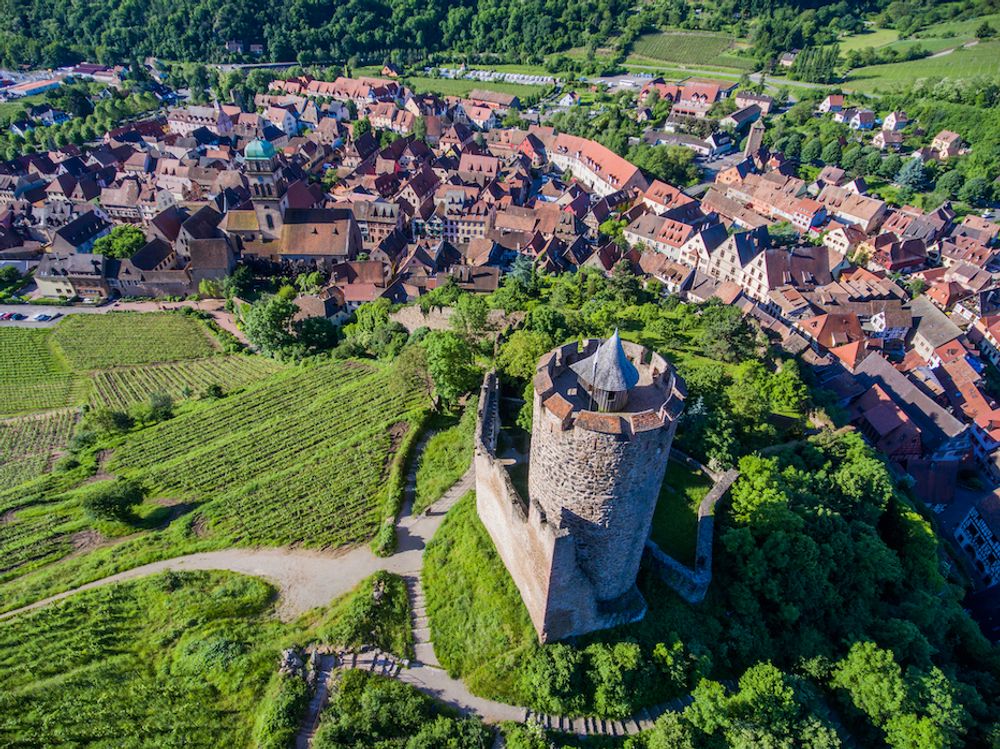
Kaysersberg – one of the areas noted for its diversity
An early supporter of the biodynamic wine movement, Alsace is known for its exemplary growing climate; characterised by consistent heat, sun and dryness as a result of its position in the foothills of the Vosges Mountains, which provide protection from Atlantic rains and exposure to the sun.
One of the world’s most-loved, yet often-underrated wine regions, Alsace’s popularity is ever-growing amongst the wine trade and consumers alike. Noted for its versatility and diversity, Alsace has the ideal climate and year round growing conditions to produce many different styles of high quality wines from dry to sparkling to sweet.
To support the Conseil Interprofessionnel des Vins d’Alsace (CIVA) in its selection of wines to be showcased at the upcoming ProWein 2023, the IWSC was once again asked to bring together an expert panel of specialist judges.
This year, the judging panel consisted of Vagabond’s Colin Thorne, wine writer Anne Krebiehl MW and Eric Zwiebel MS, Director of Wine at The Samling Hotel as of last month.
Between them, they were tasked with tasting 55 wines and whittling them down to just 10 – including two Gewurztraminers, four Rieslings, three Crémant d’Alsace and, new for 2023, a single stand-out Pinot Noir – no easy feat when considering the diversity of wines on offer from Alsace.
We caught up with the three judges post-tasting for some of their highlights – keep reading to find out which 10 stand-out wines were selected by our expert panel and will therefore be on show at ProWein 2023, courtesy of CIVA (Hall 10, Stand G99).
AOC Alsace Crémant d’Alsace – 17 tasted
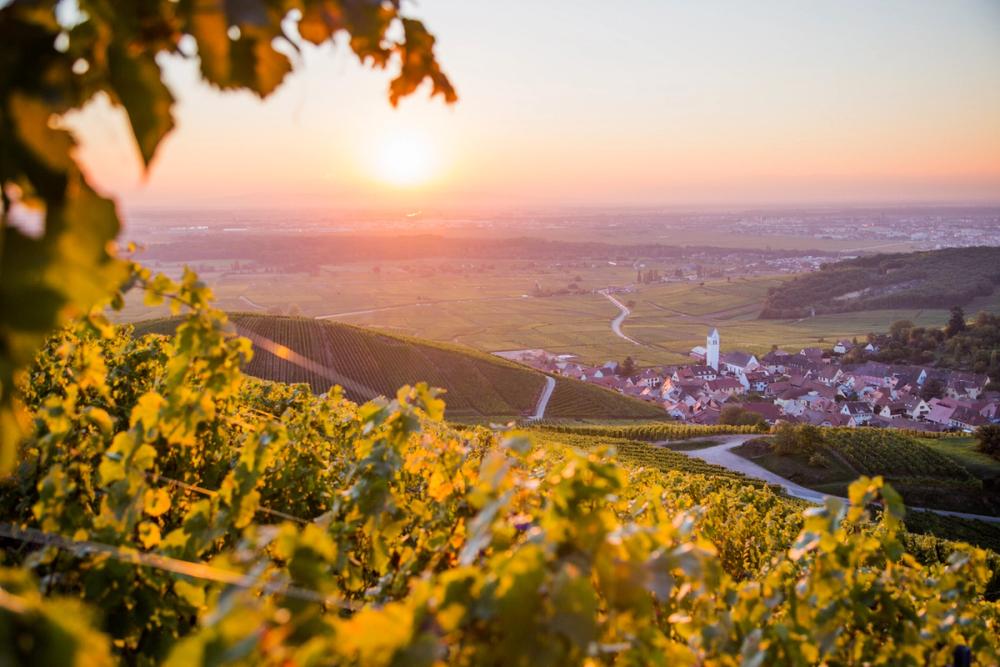
Katzenthal – Alsace has the ideal year-round growing conditions
Often overlooked in the UK market when compared to the likes of Champagne or English Sparkling – despite accounting for around 35% of wine production in Alsace – our judges emphasised that top quality Crémant d’Alsace can not only act as an aperitif but also as an impressive ‘gastronomic’ wine; highlighting an opportunity for Alsace in wine/food pairing.
The judges encouraged all wine lovers to take Crémant ‘to the table’ and pair with a variety of different dishes – arguing that its often “phenolic-edge, texture and body” allow the wine to come into its own when paired with food.
See the top-scoring wines and their individual tasting notes below…

Jean-Baptiste Adam, Génération 16 en Solera Brut NV, Crémant d’Alsace (12%)
Residual sugar: 0g/l
Bright, vivid fruit and creaminess on the nose. Beautifully balanced, finely structured and super fresh with juicy pink grapefruit. The slightest touch of gris-pink in colour. 36+ months on lees.
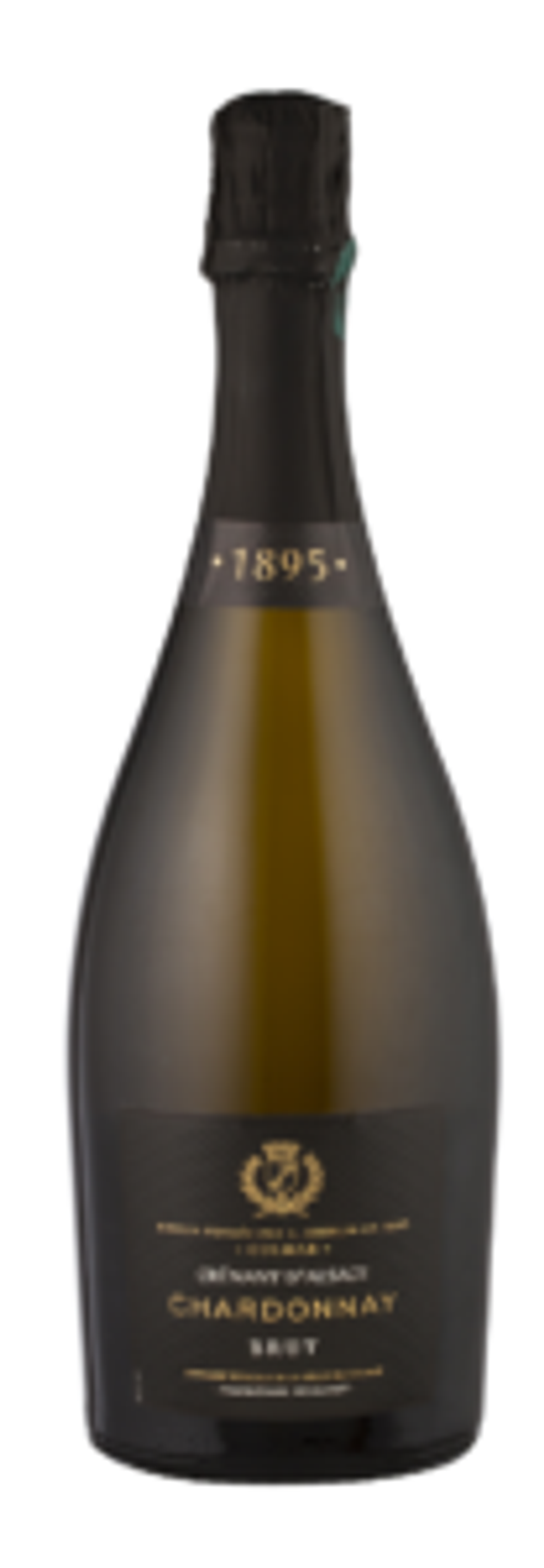
Domaine Viticole de la Ville de Colmar, Cuvée 1895 Brut NV, Crémant d’Alsace (13.1%)
Residual sugar: 7g/l
Rounded, textured, and balanced with hints of hay, yellow apple, and lemon. Mouth-watering crunch and ripeness with very fine bubbles. 24 months on lees.
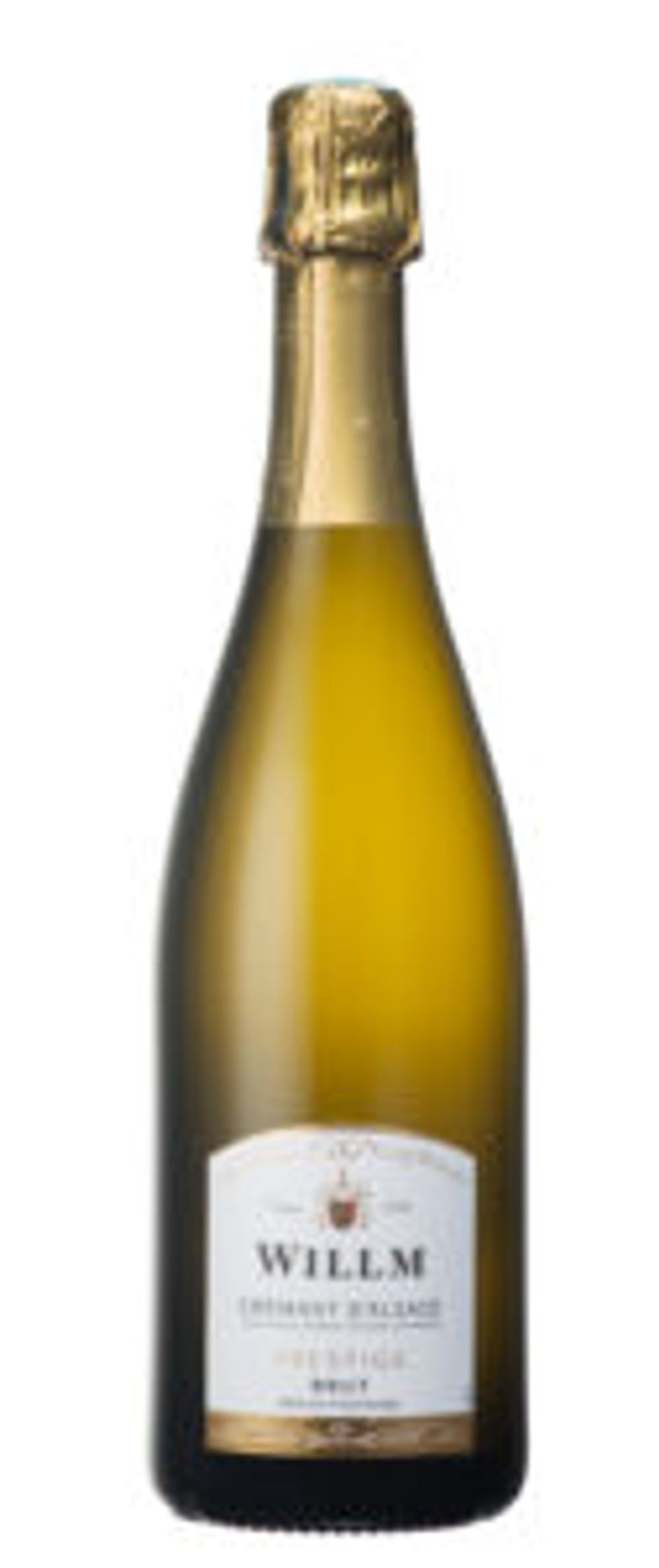
Alsace Willm, Cuvée Prestige Brut NV, Crémant d’Alsace (12.5%)
Residual sugar: 8g/l
Very fine mousse, lovely texture. Creamy, frothy, bright and fresh with purity and notes of pear. A gastronomic wine – wonderfully long, dry finish. 30 months on lees.
AOC Alsace Riesling – 23 tasted
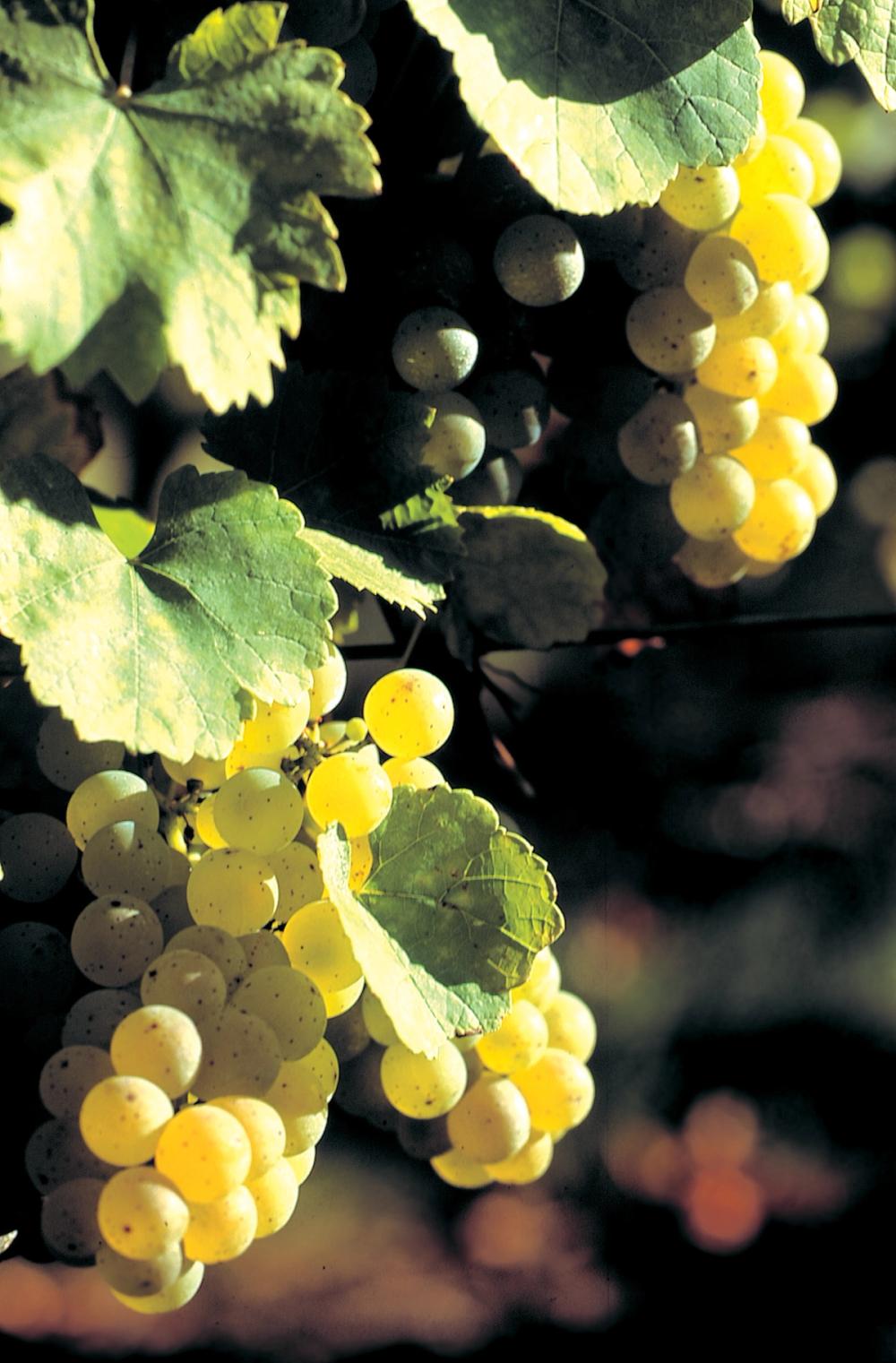
Our judges agreed that Riesling was the stand-out grape of the day, which is unsurprising given its nobility and prowess in Alsace; they felt that the selected Rieslings reinforced “what does well” in this region. Their selection includes four different Alsace Grand Crus – Schlossberg, Kastelberg, Wiebelsberg and Vorbourg – all offering something unique as a result of their varying soil types, exposure and altitude, reaffirming Alsace’s “calling-card” of diversity.
You can read more about The Grand Crus of Alsace here and details of the selected wines below.

Bestheim, Riesling 2021, Alsace Grand Cru Schlossberg (13.5%)
Residual sugar: 6.9g/l
Rich, opulent and structured. Notes of candied papaya plus lemon peel and pith. Textured, sleek, pure, and zesty. High Environmental Value (HEV).

Domaine Gresser, Riesling 2020, Alsace Grand Cru Kastelberg (13.5)
Residual sugar: 3g/l
Complex, intense nose of petrol, lime, and hints of chamomile. Great length, delicate and pure finish. Organic.

Domaine Boeckel, Riesling 2020, Alsace Grand Cru Wiebelsberg (13.98%)
Residual sugar: 5.16g/l
Tropical, full-bodied, powerful and spicy. Highly mineral with hints of passion fruit, ginger, and white pepper. Dense and layered, broad and soft. Organic.

Véronique & Thomas Muré – Domaine du Clos Saint Landelin, Clos Saint Landelin Riesling 2019, Alsace Grand Cru Vorbourg (13.5%)
Residual sugar: 1g/l
Bone dry, extreme minerality with an oily, rich finish. Lemon pith, lime, and juiciness with hints of chamomile and chalk. Biodynamic.
AOC Alsace Gewurztraminer – 9 tasted
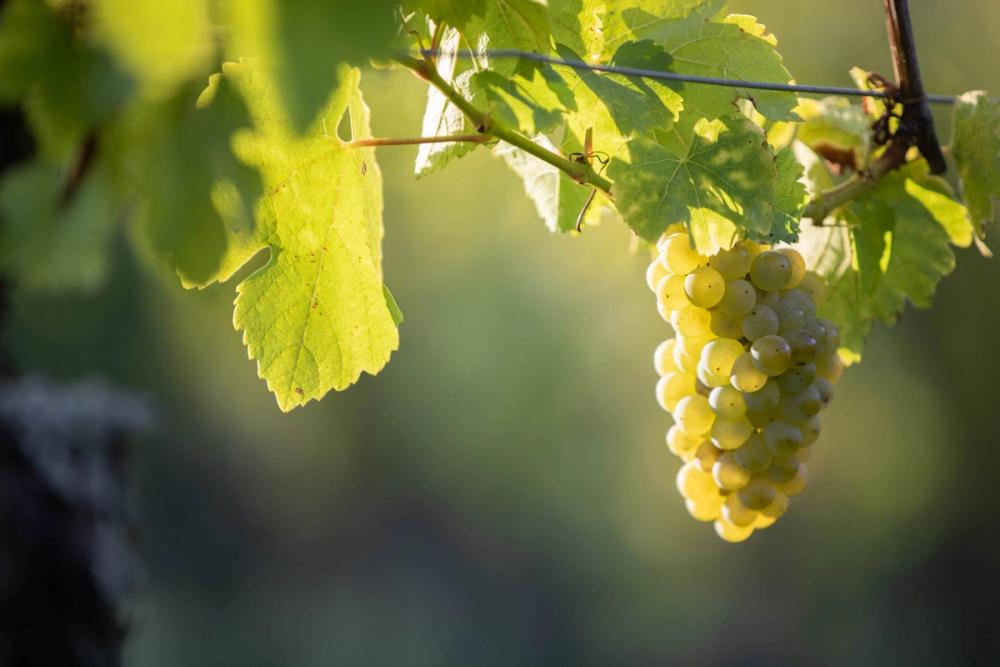
Gewurtztraminer arguably provided the most surprises during the tasting session. The judges complimented these wines for their balance, expression and drinkability – noting that other styles of Gewurtztraminer can sometimes offer “too much” on the palate. They were particularly impressed by the balance between restraint and opulence, with one of the judges labelling Alsace as “ground-zero” for Gewurtztraminer.
Find out which wines they selected below…including two more Grand Crus!

Cattin, Gewurztraminer 2021, Alsace Grand Cru Hatschbourg (13.5%)
Residual sugar: 23/gl
Superb definition and tightness. Intense but fresh – notes of rose petal, ginger, and spice. High Environmental Value (HEV).

Lucien Albrecht, Gewurztraminer 2020, Alsace Grand Cru Spiegel (14.1%)
Residual sugar: 32.2g/l
Subtle, serene, textured and balanced. Notes of lychee, papaya, aromatic peach, and yellow apple. High octane.
AOC Alsace Pinot Noir – 6 tasted
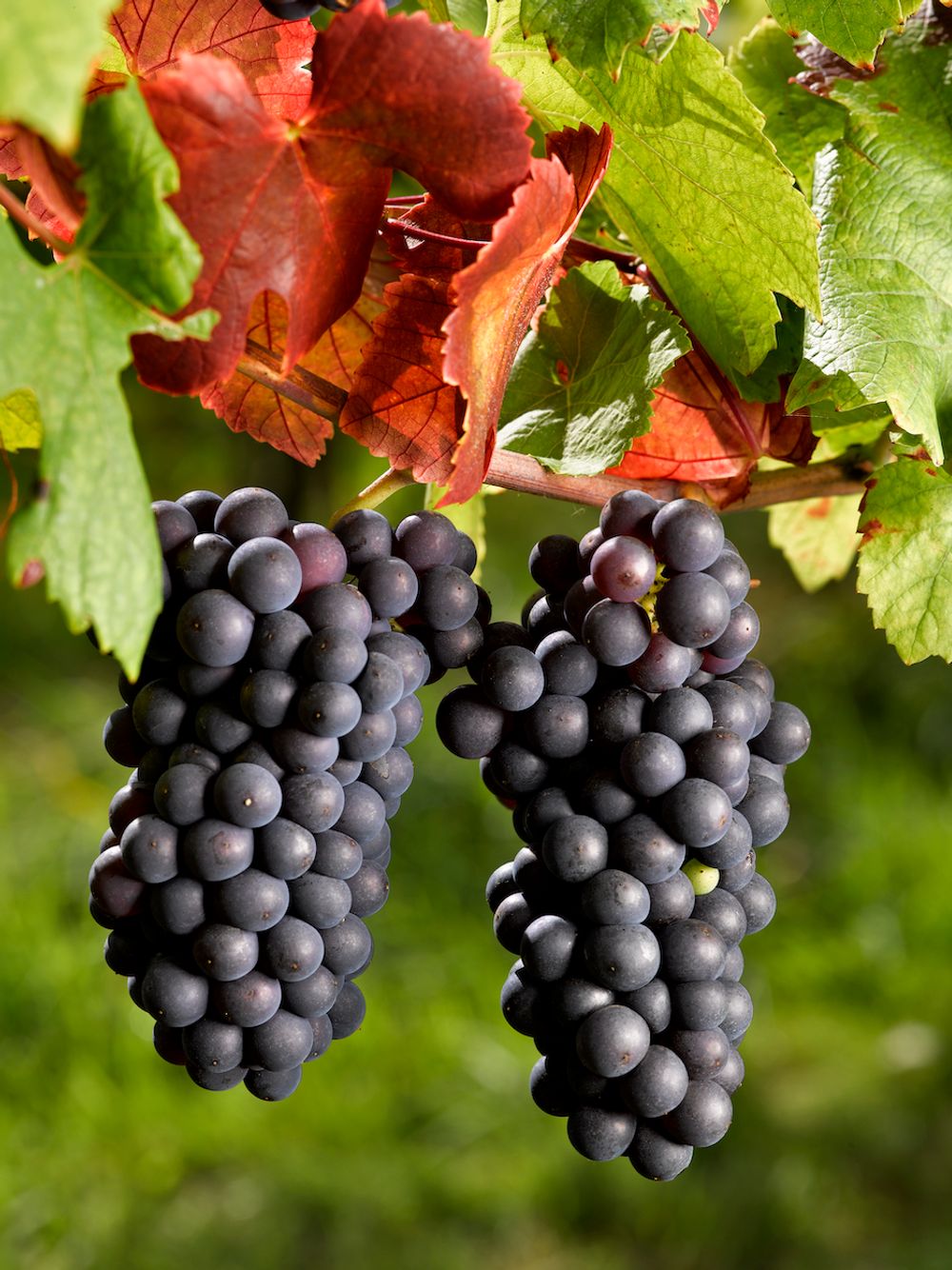
Alsace is widely known as a region for white grapes with Pinot Noir being the only permitted red grape in the Alsace AOC; this grape is most definitely on the rise in Alsace – so much so that last year, it was permitted in two Grand Crus for the first time. See below the judges’ stand-out Pinot Noir from the six tasted, though not a Grand Cru wine…

Domaine Huber & Bléger, Élevé en Barrique Pinot Noir 2020, Alsace Saint-Hippolyte Rouge (13%)
Residual sugar: 0.3g/l
Subtle berry aromatics on the nose. The palate has flow and gentleness, but also density and power with ripe, firm tannins. High Environmental Impact (HEV).
Representing the winemakers producing and selling AOC Alsace wines, the Conseil Interprofessionnel des Vins d’Alsace (CIVA) looks forward to welcoming international visitors to Stand G99 in Hall 10 at ProWein 2023.
This feature was published in partnership with the IWSC.
